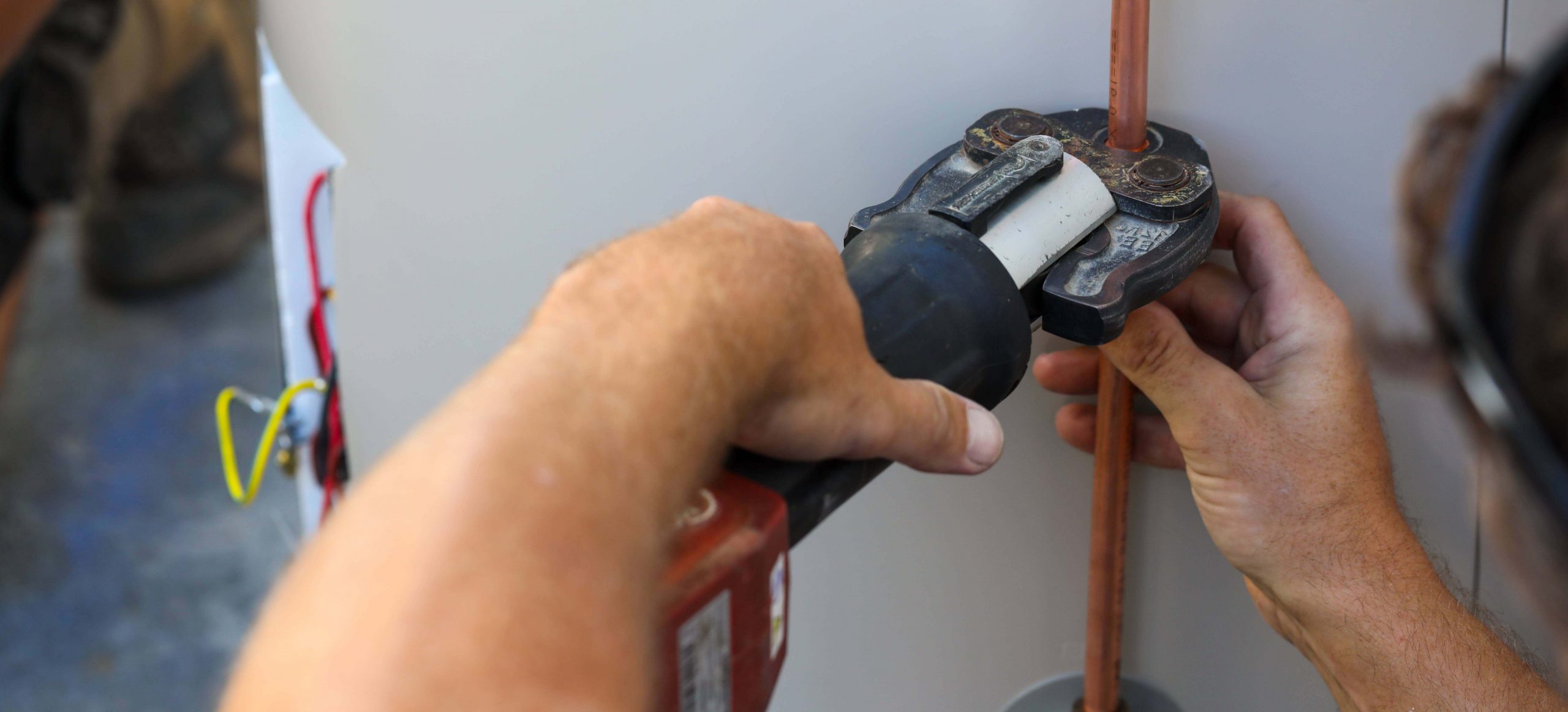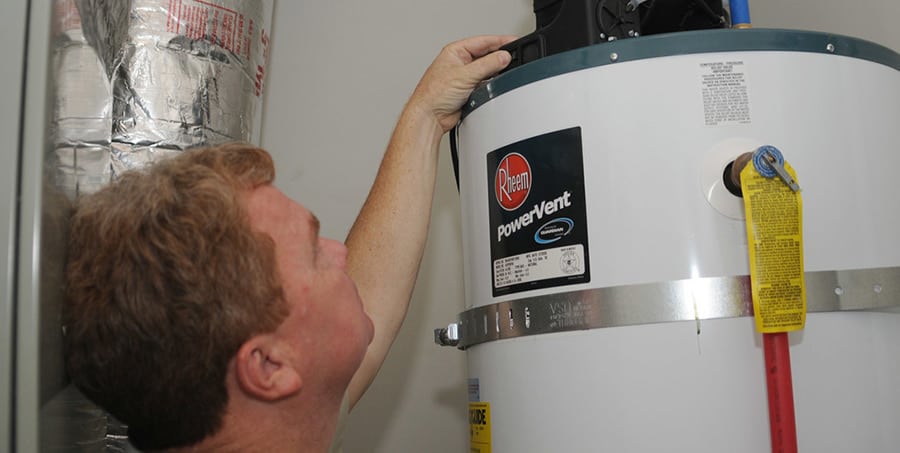Ways to Cope with the Major Hot Water Heater Urgencies
Ways to Cope with the Major Hot Water Heater Urgencies
Blog Article
The publisher is making a few good points on Is Your Water Heater Leaking? overall in the article down below.

A water heater is just one of one of the most important standard devices that can be discovered in a house. With water heaters, you do not require to undergo the stress and anxiety of heating water by hand each time there is a need to take a bath, do the laundry, or the recipes. Nevertheless, there is always a possibility that your hot water heater would break down as with the majority of mechanical devices.
It is important to note any kind of little breakdown as well as tackle it quickly before things get out of hand. Many times, your water heater starts to malfunction when there is an accumulation of sediments as a result of continuous use. As a safety measure, periodic flushing of your hot water heater is suggested to stop sediment accumulation and avoid useful failure.
Typical hot water heater emergency situations and exactly how to deal with them
Insufficient hot water
It might be that the water heater can't sustain the warm water need for your house. You could upgrade your water heating unit to one with a bigger capacity.
Fluctuating water temperature level.
Your water heating system could start producing water of various temperature levels typically ice scalding or cool warm. There might be a requirement to change either the heating or the thermostat system of your water heating system.
Leaky hot water heater container.
In this scenario, you need to turn off your water heating system, permit it to cool down, and meticulously look for the source of the problem. At times, all you need to do is to tighten up a few screws or pipeline links in instances of small leakages. If this does not work as well as the leak persists, you might need to utilize the services of a service technician for an ideal replacement.
Stained or odiferous water
When this takes place, you require to know if the problem is from the storage tank or the water source. If there is no amusing scent when you run chilly water, then you are specific that it is your water heating system that is defective. The smelly water can be triggered by rust or the build-up of bacteria or debris in the water heater tank.
Verdict
Some property owners overlook little caution as well as minor faults in their water heater device. This just causes more damage as well as a possible complete malfunction of your device. You need to take care of your water heater mistakes as quickly as they come near stay clear of more expenses and also unneeded emergency problems.
With water heaters, you do not need to go with the tension of heating water by hand every time there is a need to take a bathroom, do the washing, or the meals. It may be that the water heating unit can not support the hot water demand for your apartment. Your water heater might begin creating water of various temperatures typically ice chilly or hot warm. If there is no funny smell when you run cold water, then you are specific that it is your water heating unit that is damaged. The stinky water can be caused by rust or the accumulation of bacteria or debris in the water heating unit container.
Common Water Heater Issues and What You Should Do
What Type of Water Heater Do You Have?
Before we begin it’s first important that you identify the type of water heater you have on your property. There are two main types of water heaters out there: conventional and high efficiency.
Both of these types of products typically use either gas or electricity to heat power. There are also solar water heaters that use a thermal collector on the roof or yard to heat the water.
While these models are not as common, they can cut heating costs in half. In this article, we will focus on conventional and high efficiency.
How Do My Electric and Gas Water Heater Work?
Though they look similar, electric and gas water heaters work very differently. It’s important to know their basic function because often problems can be specific to the heating source.
In the electric model, a thermostat on the side of the machine detects the temperature of the water in the tank. When the temperature needs to rise electricity flows to a heating element suspended in the water.
Gas models also use a thermostat device — typically with a mercury sensor at the tip and an additional sensor called a thermocouple. The thermocouple detects whether the pilot light is on and controls the flow of gas.
When the thermostat drops below the appropriate level gas is released which becomes ignited by the pilot light. The flame heats the bottom of the water tank which causes hot water to rise and cold water to drop.
This natural circulation continues until the water reaches the desired temperature. Then, the thermostat triggers the gas control valve to shut off the flow of gas.
What Are the Most Common Issues and How Do You Fix Them?
https://happyhiller.com/blog/common-water-heater-issues-and-what-you-should-do/

Do you enjoy reading about Is Your Water Heater Leaking?? Leave a short review down below. We'd be delighted to see your views about this post. We are looking forward that you come back again soon. Sharing is good. Helping people is fun. I love reading our article about Is Your Water Heater Leaking?.
Address leaks promptly. Report this page